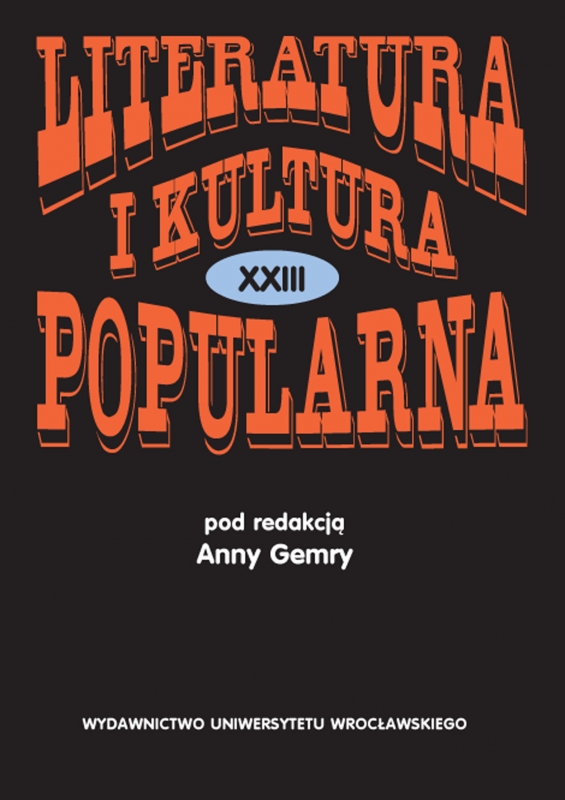

Artykuły

Contrasts and syntheses: Rhetorical images of garden cities
Ebenezer Howard’s book Garden Cities of To-Morrow is not only a treatise on urban planning or a modern utopia, but also a rhetorical case, using carefully built argumentation scheme. The aim of this article is to show how Howard’s ideas are presented and supported, and how his whole work is centered around the romantic notion that “extremes meet”. Both Howard and Polish interpreters of his ideas presented garden cities as a remedy for urgent problems Lloyd F. Bitzer’s “exigence”. Their opinions on what exactly these problems are were, however, different. For Howard the most important aim was to draw people back to the country and provide them with cheaper, more comfortable houses. For Władysław Dobrzyński, the chief propagator of garden cities in Poland, the main problem were health conditions in Warsaw. The city is presented as ultimate evil, so the “marriage” between the country and the town is not possible and in fact not desired. Thus, Polish journalists and activists who tried to make Howard’s idea attractive to popular public, reversed his course of reasoning. In their visions extremes not only do not meet, but are radically separated. The city and the country, work and free time, gardens and industry are polar opposites. They can be reconciled not in actual, physical space, but only by leading a “double life”, shared between working in a city and living in an idyllic country refuge.